Doctor of Philosophy in Electrical Engineering and Computer Sciences - Artificial Intelligence

学历文凭
Ph.D.

专业院系
人工智能与机器人

开学时间

课程时长

课程学费

国际学生入学条件
A bachelor's degree or recognized equivalent from an accredited institution. If you are in your final year of studies and you expect to earn your degree by mid-August of the following year, you may apply. If you are admitted, you will be required to provide proof at that time that you have earned your bachelor's degree, usually in the form of a final official transcript. If you attended an American university or a university that uses a similar 4.0 scale, a satisfactory scholastic average with a minimum grade-point average (GPA) of 3.0 (B) is required. If you attended a university that does not use the 4.0 system, Three (3) Letters of Recommendation uploaded as PDFs through the link provided in the online application. Your letters could include details about your goals, research accomplishments, technical and leadership skills, academic work, etc. We suggest to give your recommenders at least a few weeks to write your letters. The General Test of the Graduate Record Examination (GRE). We do not have minimum or cutoff GRE test scores. Statement of Purpose, Personal History Statement, Unofficial Transcripts, Resume, All three sections of the GRE are required, The minimum TOEFL score required by UC Berkeley for graduate admission is 570 on the paper-based test (PBT), 230 on the computer based test (CBT), and 90 on the Internet Based Test (iBT). The minimum score for the IELTS is an overall band score of 7; there are no minimum scores for the individual bands. A grade point average of B or better (3.0)
IDP—雅思考试联合主办方

雅思考试总分
7.0
了解更多
- 雅思总分:7
- 托福网考总分:90
- 托福笔试总分:570
- 其他语言考试:NA
CRICOS代码:
申请截止日期:请 与IDP联系 以获取详细信息。
课程简介
Work in Artificial Intelligence in the EECS department at Berkeley involves foundational research in core areas of deep learning, knowledge representation, reasoning, learning, planning, decision-making, vision, robotics, speech, and natural language processing. For more information please see the Berkeley Artificial Intelligence Research Lab (BAIR). There are also significant efforts aimed at applying algorithmic advances to applied problems in a range of areas, including bioinformatics, networking and systems, search and information retrieval. There are active collaborations with several groups on campus, including the campus-wide vision sciences group, the information retrieval group at the I-School and the campus-wide computational biology program. There are also connections to a range of research activities in the cognitive sciences, including aspects of psychology, linguistics, and philosophy. Research in AI involves techniques and tools from statistics, neuroscience, control, optimization, and operations research.
相关申请

预科

奖学金

实习机会

在校学习

跨境学习

校园授课-线上开始

在线/远程学习
学校排名
世界排名
13
数据源:泰晤士高等教育世界大学排名
关于加州大学伯克利分校

商科,工程,教育,法律,只要你能想到的专业,伯克利即使没有排名前5,也不会排到10名开外! 在伯克利加州大学,没有来自保守传统的约束,没有不可逾越的清规戒律,在这片自由的土地上你可以天马行空,放开思维畅想,自由探索未知世界,在这里你的思想永远会得到尊重,即使别人并不同意你的观点。伯克利还是世界上最重要的研究教学中心之一。伯克利的招生过程更看重申请者的整体水平,招生部门认为一个人的成就可以通过任何方式得以体现,因此单论标准考试分数的高低不会决定你是否能被伯克利录取。UCB也提供各种奖学金,每年有200名幸运儿能够通过 "Regents’and Chancellor’s Scholarship" 获得本科四年部分乃至全部资金支持。
本校相关课程
Doctor of Philosophy in Statistics
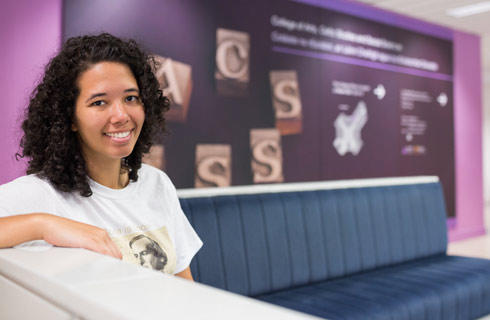
学历文凭
Ph.D.
下一个开始日期
课程费用总额
Doctor of Philosophy in Political Science

学历文凭
Ph.D.
下一个开始日期
课程费用总额
Doctor of Philosophy in Sociology

学历文凭
Ph.D.
下一个开始日期
课程费用总额
Doctor of Philosophy in Social Welfare

学历文凭
Ph.D.
下一个开始日期
课程费用总额
Doctor of Philosophy in Nuclear Engineering
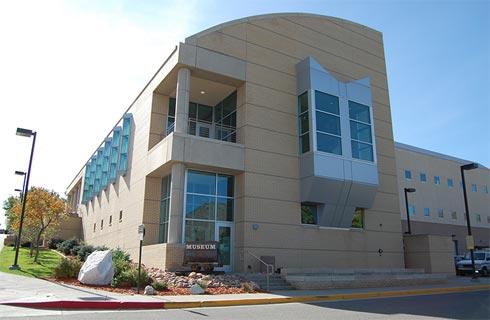
学历文凭
Ph.D.
下一个开始日期
课程费用总额
Doctor of Philosophy in Molecular Toxicology
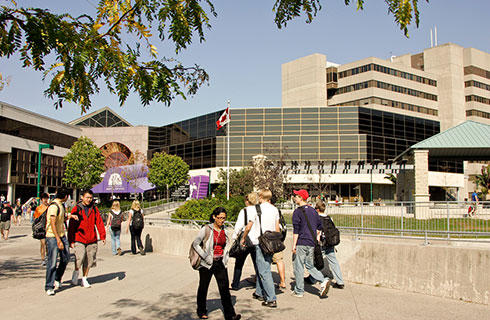
学历文凭
Ph.D.
下一个开始日期
课程费用总额
其他相关课程
Doctor of Philosophy in Computer Science- AI and Robotics

里海大学
泰晤士高等教育世界大学排名:672
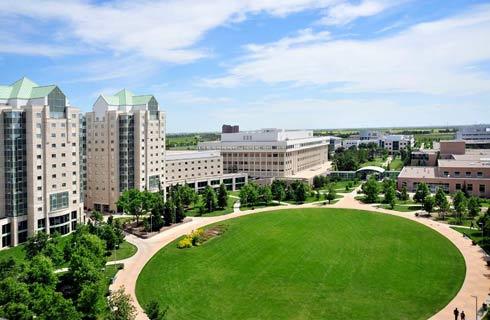
学历文凭
Ph.D.
下一个开始日期
课程费用总额
Master of Science in Aerospace Engineering - Manufacturing and Robotics

加州州立大学长滩分校
泰晤士高等教育世界大学排名:
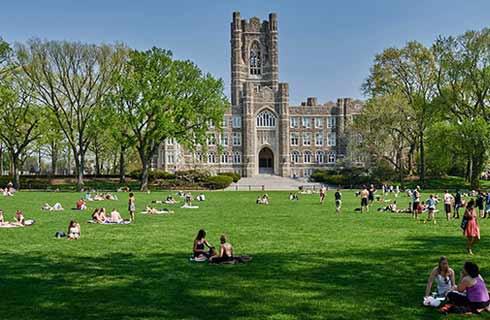
学历文凭
Masters Degree
下一个开始日期
课程费用总额
Doctor of Philosophy in Human-Centered Computing

佐治亚理工学院
泰晤士高等教育世界大学排名:41
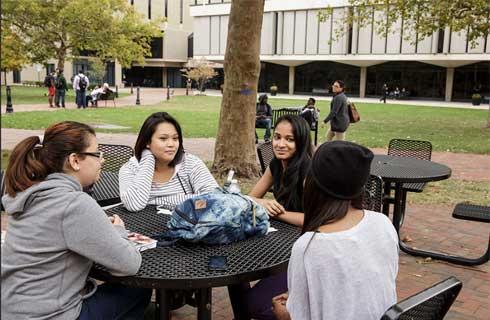
学历文凭
Ph.D.
下一个开始日期
课程费用总额
Master of Science in Robotics

加州大学河滨分校
泰晤士高等教育世界大学排名:

学历文凭
Masters Degree
下一个开始日期
课程费用总额
数字媒体信息学文学士

威得恩大学-国际学习中心(StudyGroup)
泰晤士高等教育世界大学排名:
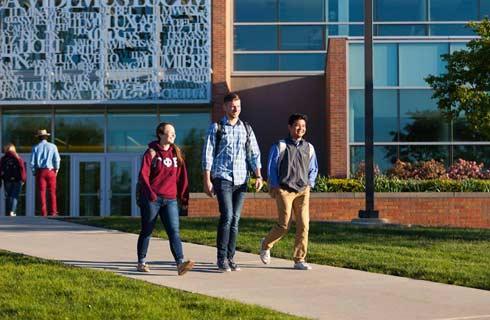
学历文凭
Bachelor Degree
下一个开始日期
课程费用总额




